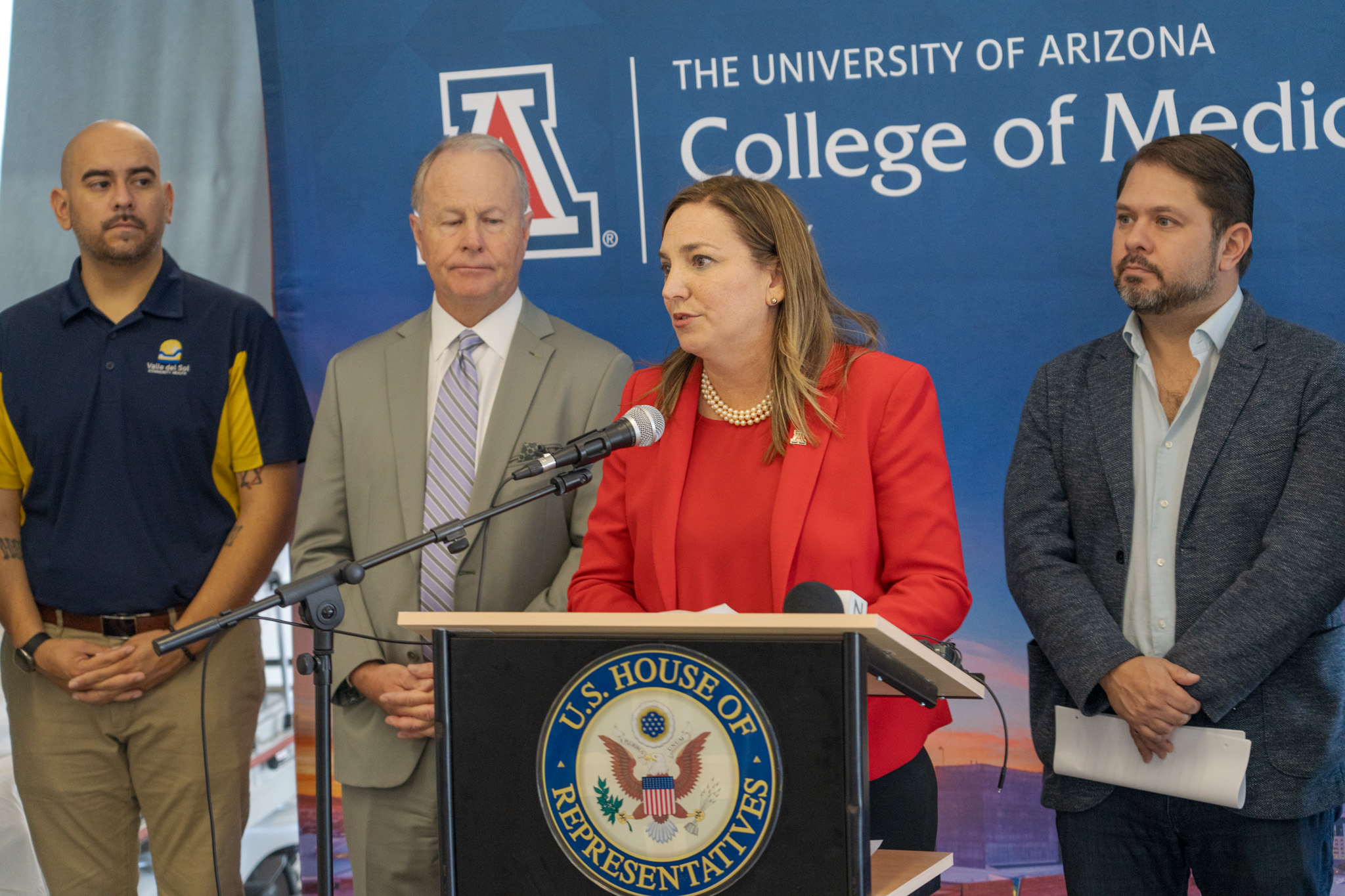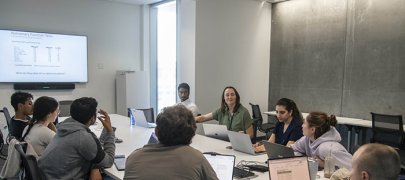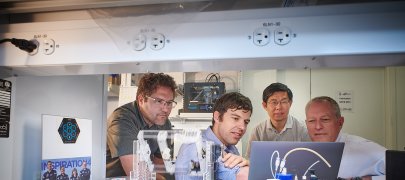
Arizona's Family

Dr. Cheryl O’Malley, an educator at the University of Arizona College of Medicine – Phoenix, recognizes the impact of Arizona's critical physician shortage. Beyond her role teaching future doctors, she is actively involved in addressing this healthcare crisis. O'Malley acknowledges the visible effects of the shortage, from longer wait times for appointments to limited access to specialists.
Recently, U.S. Congressman Ruben Gallego held a news conference, standing alongside healthcare professionals from across the state, including Dr. O'Malley. They all favor the Resident Physician Shortage Reduction Act, a bill currently under consideration in Congress aimed at addressing the nationwide shortage of physicians.
The Act aligns with O'Malley's efforts. If passed, it could increase the number of medical residency slots, potentially retaining more physicians in Arizona. This legislative action could prove pivotal in tackling the projected nationwide shortage of up to 124,000 physicians by 2034, improving healthcare accessibility for all Americans.
Topics
About the College
Founded in 2007, the University of Arizona College of Medicine – Phoenix inspires and trains exemplary physicians, scientists and leaders to optimize health and health care in Arizona and beyond. By cultivating collaborative research locally and globally, the college accelerates discovery in a number of critical areas — including cancer, stroke, traumatic brain injury and cardiovascular disease. Championed as a student-centric campus, the college has graduated more than 800 physicians, all of whom received exceptional training from nine clinical partners and more than 2,700 diverse faculty members. As the anchor to the Phoenix Bioscience Core, which is projected to have an economic impact of $3.1 billion by 2025, the college prides itself on engaging with the community, fostering education, inclusion, access and advocacy.


